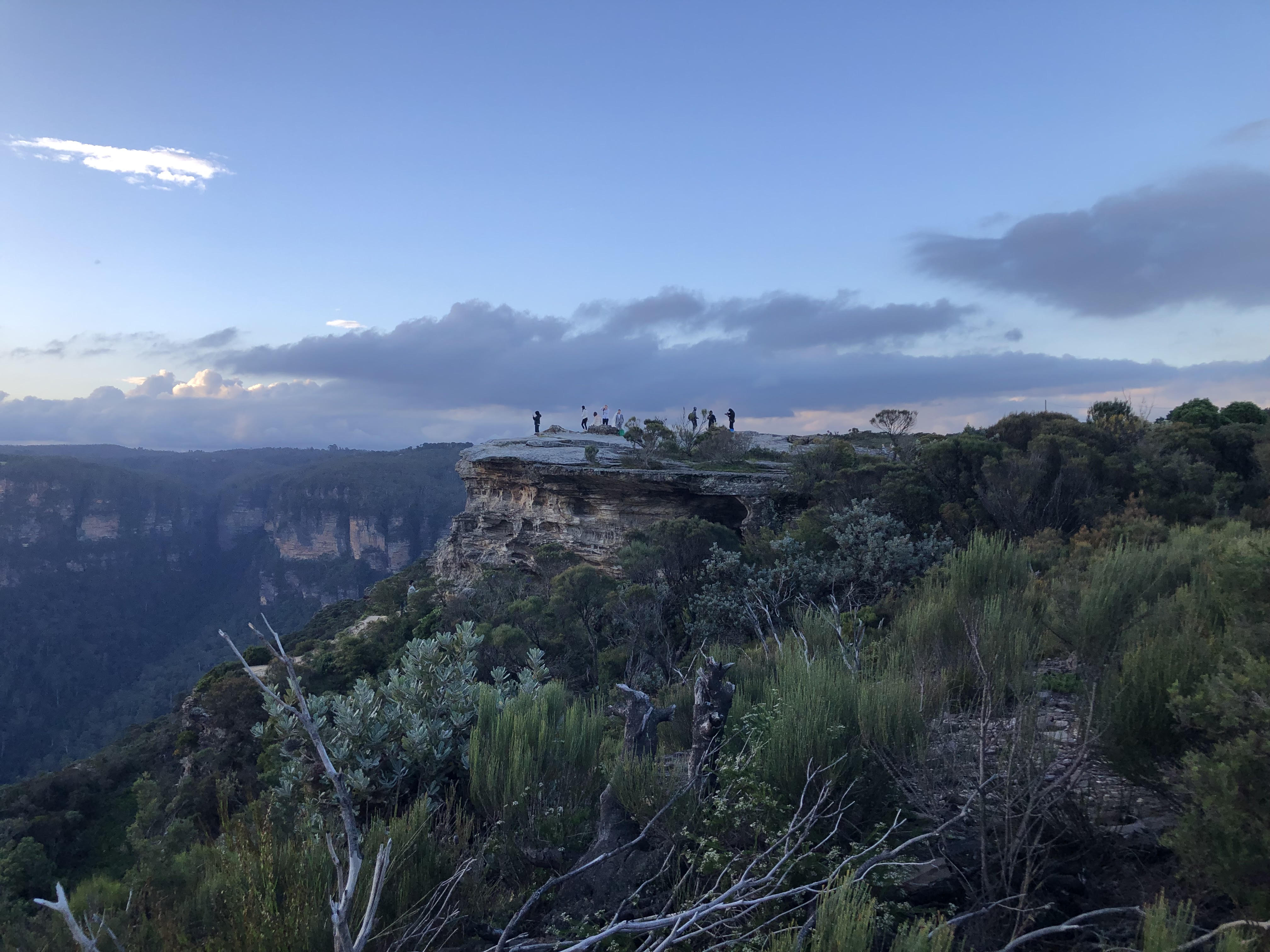
Wilder Sensing across Continents!
May 12, 2023, Geoff Carss
Wilder Sensing goes Inercontinental!
Over the past few months we have been running trials on a number of sites across the UK to understand how Wilder Sensing works in different habitats and improve how Machine Learning is recognising the calls made by different species of birds.
As expected there are some species which are accurately identified and those that are much harder. We also have false positives and negatives to identify and start to define what deep learning we need to develop to improve the accuracy of the results. We are really fortunate to have a team of expert birders who can verify (or not) the calls particularly from unusual or unexpected species.
During the last couple of months we have been carrying out a number of trials in different continents, in order to assess the feasibility of deploying our AI technology across Habitats that are completely different from our familiar British one. Early results from sites in the Amazon suggest that some species are consistently and accurately recognised and others are consistently missed. This may be due to limited training data sets and/or much noisier environments so individual calls are harder to distinguish.
We are trialling Wilder Sensing in Australia particularly in the Blue Mountains to the west of Sydney. Australia is an amazing place for a naturalist: the landscapes here are simply stunning with valleys up to 1,000m deep and vast tracts of unspoiled habitats.
Placing sensors in a number of habitats we are aiming to understand if we can consistently identify the species present and have validation support from some local birders.
The results from the UK sites are proving to be very interesting with millions of species level data being generated. Now we have statistically meaningful species level data linked to very specific habitats we can start to produce a whole range of meaningful indices which could be invaluable to investors, land managers and ecologists both for short term and long term reporting.